Yemen on agenda as PM lands in Oman Psst.. Yemen. You're freaking England out. PM David Cameron's talking to Oman behind your back..
Yemen leader defiant; Oman officials booted
Turkish Defense Exports To Mideast Unaffected By Revolts
Kuwait awaits protests but is no stranger to upheaval
This is Western Africa, but it's relevant.. Ivory Coast 'forgotten emergency'
It' on.. Rebel violence, looting continue to spread in Ivory Coast
The threat of terrorism from an unstable Yemen will be high on the agenda for Prime Minister David Cameron as he ends a four-day Middle East tour in neighbouring Oman.
..
Mr Cameron met with Omani Sultan Qaboos Bin Said last night in part to thank the country for its key logistical role as a "bridge" for UK armed forces deploying to Afghanistan.
Yemen leader defiant; Oman officials booted
Yemen's besieged president defiantly rejected a proposal Saturday to leave office early and possibly end weeks of protests and bloodshed, while Oman's ruler pushed out three more top-level officials in attempts to quell widening demands for economic reforms and justice for the killing of a demonstrator.
Turkish Defense Exports To Mideast Unaffected By Revolts
Just when Turkey’s local industry thought it caught a niche in several Middle Eastern markets, the region began to shake with popular revolts, but Ankara's export planners say "it is business as usual."
A senior procurement official dealing with exports of Turkish-made systems mostly to Middle Eastern and eastern markets said that previous contracts would not be affected by the revolts in Tunisia, Egypt and Libya.
"Egypt is a market and partner with previously signed contracts. Tunisia and Libya were prospective markets. They still are for the longer term. As the dust settles we will roll up our sleeves to help the (Turkish) industry for new contracts," he told Hürriyet Daily News & Economic Review Thursday.
Kuwait awaits protests but is no stranger to upheaval
Kuwait has the Gulf's most powerful parliament, and opposition lawmakers already have taken bold shots at the ruling emir's inner circle, including two no-confidence motions since December 2009 that nearly brought down the prime minister. The plan now is to take demands for a political overhaul to the streets.
..
Libya and Yemen are all-or-nothing fights to bring down the leadership. Oman seemingly has cooled after an angry start — with protesters staging sit-ins to push for more jobs while being careful not to speak ill of the lute-playing sultan who has ruled for 40 years. Bahrain's protests tap into deep-rooted claims of discrimination by the majority Shiites against the Sunni monarchy.
The rumblings in Saudi Arabia — where protesters have called for a show of force Friday — seek even small breaks in the absolute control in the ruling House of Saud.
..
Kuwait joins the protest roster with quite a bit of experience. Its opposition bloc in parliament — a mix of Islamists and reformists — has gone toe-to-toe for years with the hand-picked government of the emir, Sheik Sabah Al Ahmed Al Sabah, over allegations that include financial mismanagement and attempts to roll back political freedoms. The dissident lawmakers draw heavily from the desert provinces outside Kuwait City, where many feel cut out of oil wealth.
The most significant change this week could be adding pro-reform youth groups into the fray. At a strategy meeting last week, some organizers of new youth-oriented factions — including one called Kafi, or Enough, in Arabic — pledged to occupy a main square in Kuwait City to copy the round-the-clock stand by demonstrators in Bahrain's Pearl Square.
This is Western Africa, but it's relevant.. Ivory Coast 'forgotten emergency'
Chals Wontewe, Oxfam's Country Director in Liberia said: "This could become Africa's latest forgotten crisis. Thousands of civilians are fleeing for their lives yet the international community is failing to respond adequately. The world risks being seriously unprepared for the escalating crisis in West Africa.
"For more than three months now the people of Ivory Coast have been living with the threat of violence, intimidation, economic collapse and sexual assault. The situation is now deteriorating rapidly and urgent action is needed to avert a humanitarian crisis. The conditions for refugees and communities hosting them in Liberia are extremely worrying. People are in dire need of the very basics - clean water, food and shelter."
Tensions ignited in Ivory Coast following the contested presidential election in November 2010 and has resulted in months of instability and a steep increase in violent clashes in the past week. As well as rising political and military tensions, many banks remain closed, prices of basic goods are rocketing and more than 500,000 people have lost their jobs.
It' on.. Rebel violence, looting continue to spread in Ivory Coast
Rebels opposed to the strongman Laurent Gbagbo seized a town near the Liberian border yesterday, a rebel spokesman said, in a further sign of Ivory Coast’s possible slide toward civil war.
A top commander of Gbagbo-allied forces in the west, near the border, declined to comment, but the head of a leading civil society organization in the region confirmed that the town of Toulepleu had fallen to the rebels, extending an advance in which they have taken several small towns on the Liberian frontier in the past 10 days.
A weeklong campaign of looting and burning in Abidjan aimed at the homes of ministers allied with Gbagbo’s rival, Alassane Ouattara, continued yesterday, underscoring the growing lawlessness in this sprawling economic capital.
Ouattara won a presidential election in November, according to most of the international community, but Gbagbo refused to step aside. The standoff prevailing here since then has taken an increasingly violent turn.



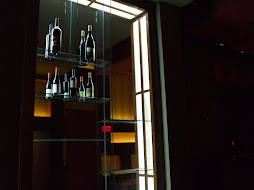

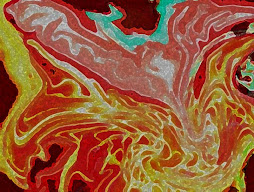





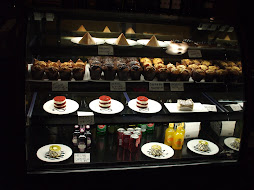


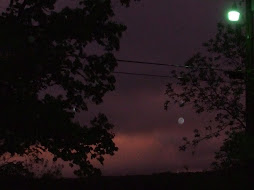
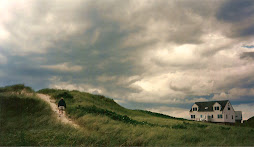

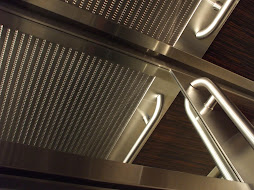


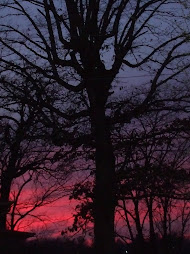
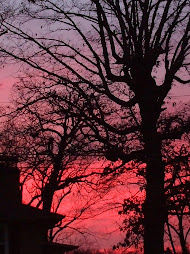


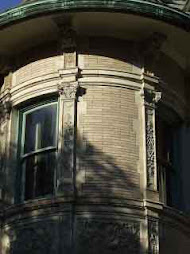

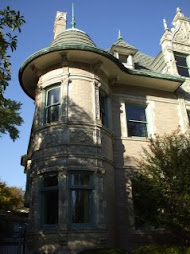
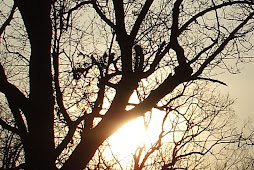
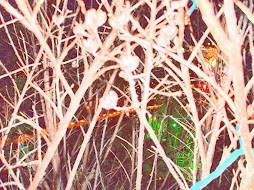
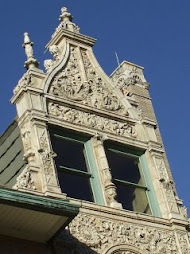













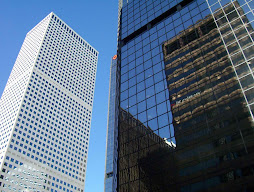





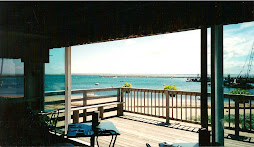























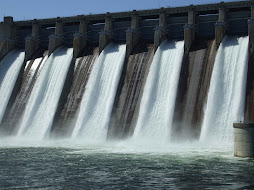






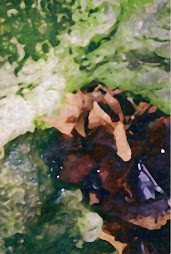
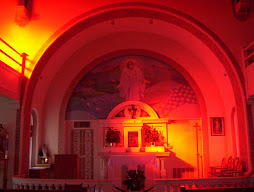





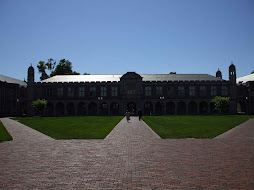


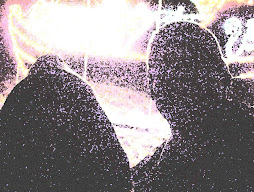





No comments:
Post a Comment